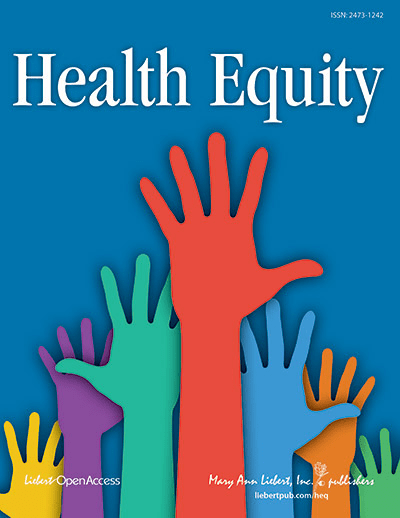
The Economic Well-being of Black Americans and the Implications for Health Equity
The persistent health inequities faced by Black Americans have been well-documented since the 1985 Heckler Report, with annual updates from the Office of Minority Health. These disparities are largely rooted in inequities within labor and capital markets. Discrimination in the labor market has led to lower incomes, limited access to health insurance, and lower-quality jobs for Black Americans, reducing their ability to access quality health care and increasing their vulnerability to stress-related illnesses. In the capital markets, discrimination restricts access to loans for home ownership and business investment, leading to poorer housing conditions and communities with fewer health-promoting amenities. These environments further elevate risks for chronic diseases and injuries. Addressing these structural inequities in both labor and capital markets is crucial for improving health outcomes for Black Americans. Additionally, shifts in social structures, such as declining marriage rates among Black families since the 1970s, are considered social factors that contribute to these health disparities. (Read more)


